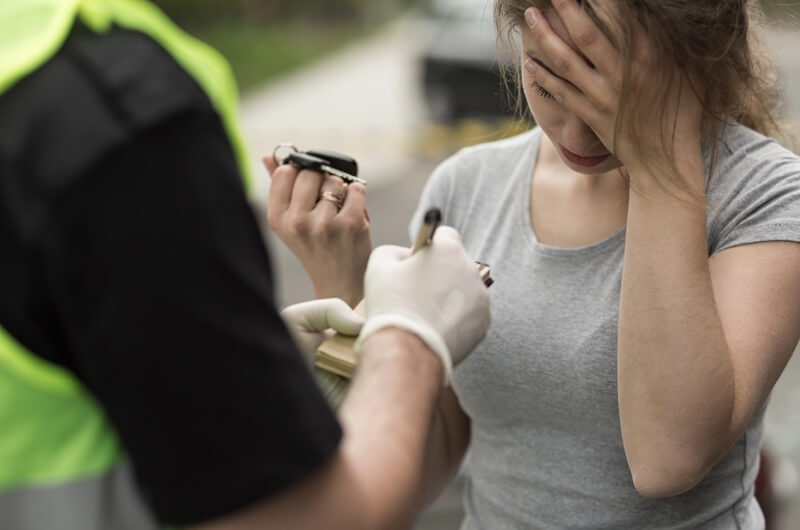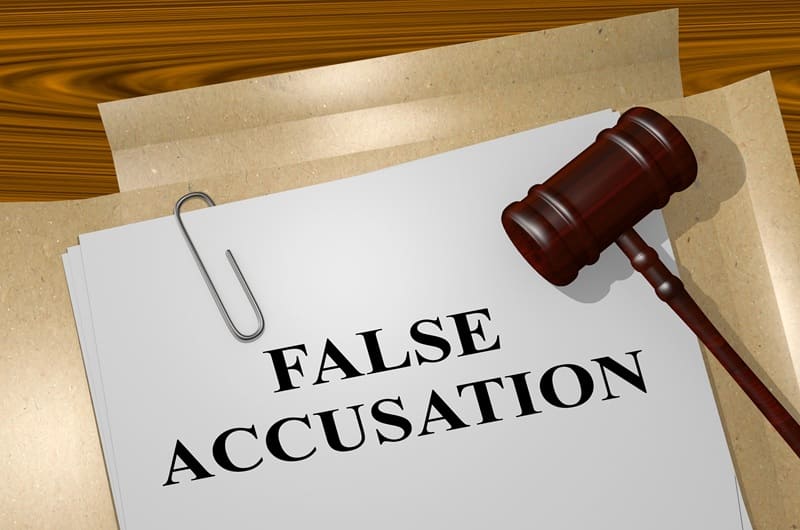The Court Process For A First DUI In Arlington VA
The Court Process For A First DUI In Arlington VA
Summary:
A first DUI moves quickly from arrest to court, with each stage carrying serious weight. The process includes arraignment, pre-trial hearings, and possibly a trial, where evidence and testimony shape the outcome. Understanding these steps helps you know what to expect and avoid mistakes along the way. With guidance from a DUI lawyer, you can protect your rights, prepare for each stage, and work toward the best possible outcome in your case.
Being charged with a first DUI in Arlington, Virginia, can leave you uncertain about what happens next. The process moves from the roadside stop to the courtroom, with each stage carrying its own rules and risks. For many people, it’s their first encounter with the criminal justice system, and the unfamiliar steps can feel difficult to manage.
Knowing the court process helps you prepare for what’s ahead. From arraignment to trial, each phase offers opportunities to challenge the case against you. With the guidance of a DUI lawyer, you can protect your rights, learn your options, and approach the situation better.
A Closer Look At A First DUI In Arlington, VA
A DUI charge begins the moment an officer suspects impaired driving. In Virginia, a blood alcohol content (BAC) of 0.08% or higher can lead to an arrest. For commercial drivers, the limit is stricter at 0.04%, and for drivers under 21, it drops to just 0.02%. These thresholds show how seriously the state approaches impaired driving.
Often, a stop starts with a traffic violation such as swerving, speeding, or failing to signal. From there, the officer may look for signs of impairment and ask you to take a field sobriety or breath test. If the officer believes there’s enough evidence, you’ll likely face arrest and transport to the station.
At the station, booking formalizes the charge. Officers collect fingerprints, take a mugshot, and complete the paperwork. Depending on your circumstances, you may be released on bail or your own recognizance until your court date. This is usually the moment reality sets in, and reaching out to a DUI lawyer becomes important. Legal guidance early in the process can help shape the direction of your case and give you a clearer path forward.
Arraignment Marks The Start Of Your Case
The arraignment is your first official step in court. During this hearing, the judge reads the charges against you, and you’re asked to enter a plea: guilty, not guilty, or no contest. While it may seem like a quick formality, the choice you make here sets the course for everything that follows.
Your attorney’s role at this stage is vital. They can explain the weight of each plea and help you make an informed decision that protects your future. In many cases, pleading not guilty gives the defense time to review evidence and build a strategy before trial.
After entering your plea, the judge schedules the next steps. This can include a pre-trial hearing or setting a date for trial. From here, the preparation begins, with both sides gathering evidence and filing motions that will shape the outcome of your case.
Pre-Trial & Gathering Critical Evidence
The pre-trial phase is where much of the groundwork for your case takes place. During this stage, both the prosecution and defense exchange evidence and prepare their arguments. It’s a critical period because what happens here often influences how strong the case will be once it reaches trial.
Through discovery, your attorney gains access to key evidence such as police reports, breathalyzer results, and body camera footage. This review helps identify weaknesses in the prosecution’s case, from testing errors to inconsistencies in officer testimony. Finding these details early can create opportunities to challenge the charges.
Pre-trial motions also play a major role. Your defense may request to suppress evidence if your rights were violated during the stop or arrest. In some cases, procedural mistakes can even lead to the dismissal of charges. These steps don’t just prepare your defense. They can shift the direction of the case entirely.
Fortify Your Defense Before Court Proceedings
Preparing for trial is where everything comes together. This stage focuses on shaping a defense strategy that’s thorough, practical, and ready for the courtroom. Careful preparation can make the difference between a conviction and a more favorable outcome.
Trial Preparation Process
Trial prep involves reviewing every piece of evidence, from test results to officer statements. Your attorney will also decide whether you should testify and create a detailed witness list. They carefully plan cross-examination questions to highlight gaps in the prosecution’s case. Each of these steps ensures no detail is overlooked.
Common Defense Strategies In DUI Cases
There are several defense approaches your lawyer can use to challenge DUI charges. These focus on how evidence was gathered and whether proper procedures were followed:
- Challenging the Stop: Arguing there was no valid reason for the traffic stop.
- Questioning Field Sobriety Tests: Showing how conditions like poor lighting or uneven ground could affect results.
- Disputing Breathalyzer Accuracy: Pointing out calibration issues or improper use.
- Examining Blood Test Handling: Highlighting chain-of-custody errors or mishandling.
- Identifying Inconsistent Testimony: Exposing contradictions in the officer’s account.
By building a strategy around these points, your defense becomes stronger before ever setting foot in the courtroom.
The Key Stages Of A DUI Trial Process
A DUI trial may feel overwhelming, but understanding how the process unfolds can help you prepare. Each stage has a clear purpose, and knowing what to expect makes the experience less intimidating.
Jury Selection (If Applicable)
In some cases, your trial may involve a jury. During jury selection, called voir dire, attorneys from both sides question potential jurors to ensure fairness. The goal is to remove bias and create a panel that can evaluate the evidence objectively.
Opening Statements
Once the trial begins, each side gives an opening statement. The prosecution outlines the evidence they plan to present, while the defense sets the stage for your side of the story. These statements provide the roadmap for what the judge or jury will hear.
Prosecution’s & Defense’s Case
The prosecution presents its evidence first. This usually includes testimony from arresting officers, breathalyzer results, or other witnesses. Their goal is to prove that you were driving under the influence beyond a reasonable doubt.
Next, the defense has the opportunity to respond. Your attorney may call witnesses, question the validity of tests, or present evidence that challenges the prosecution’s claims. The aim is to create doubt and show that the case against you isn’t as strong as it seems.
Cross-Examination
Throughout the trial, both sides have the chance to cross-examine witnesses. For the defense, this means pointing out inconsistencies, questioning reliability, and showing where the prosecution’s evidence falls short.
Closing Arguments
After presenting all the evidence, each side makes a closing argument. The prosecution reinforces its case, while the defense highlights weaknesses and urges the judge or jury to see reasonable doubt.
Verdict & Sentencing
Finally, the judge or jury deliberates and delivers a verdict. If you are found guilty, sentencing follows, which can include fines, license suspension, probation, or jail time. The exact penalties depend on the details of your case, including your BAC level and any aggravating factors.
Each of these stages builds toward the final decision that can shape your future. Understanding how the trial unfolds helps you stay prepared for what lies ahead. With every step, the outcome depends on how effectively the evidence is challenged and your rights are protected.
The Irving Law Firm Stands Firm In Your Defense
The court process for a DUI can feel like a maze, with hearings, motions, and deadlines that seem overwhelming if you’ve never been through it before. One wrong step can affect the outcome of your case. The Irving Law Firm helps guide clients through each stage, making sure nothing is overlooked and your rights are protected along the way.
Our attorneys focus on the details that matter. Whether it’s questioning the legality of a stop, reviewing test results, or challenging the prosecution’s evidence in court, our team is here to support you. By preparing thoroughly before trial, we put you in the best position to pursue a reduced charge, lighter penalties, or even dismissal.
If you’re facing your first DUI and feeling uncertain about the road ahead, you don’t have to take it on alone. Contact The Irving Law Firm today to get the support and defense you need as you move through the court process.






